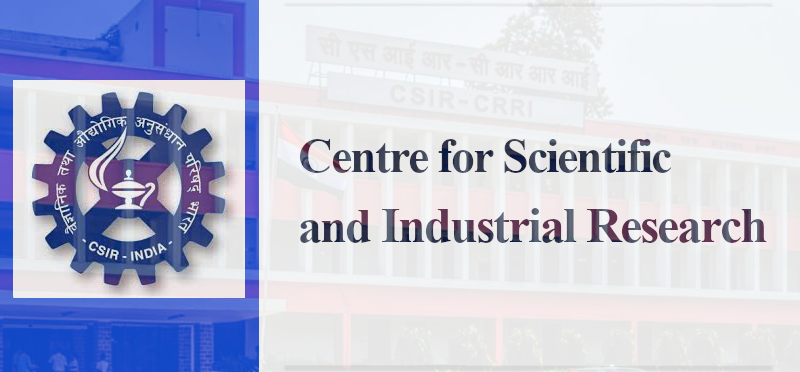
The Centre for Scientific and Industrial Research (CSIR) is undertaking a genome mapping of the indigenous population of the country.
In-Details :
- For the exercise, the CSIR will collect gene samples of 1000 youth from across the country.
- The aim of the project is to educate the next generation students of the usefulness of the genomic study.
- Many countries have already undertaken genomic mapping of their indigenous population.
- They have done this to track the unique genetic traits among their citizens and understand their susceptibility to various diseases.
- The CSIR project is an adjunct to the government’s programme of sequencing genomes of 10,000 Indians.
Sample Collection :
- The people who will be chosen for collecting samples represent the diversity of the country.
- For the project, CSIR will be selecting college students, both men, and women, who are pursuing life sciences or biology.
- The sequenced samples are thus allowed for access to the students to educate them.
Methodology :
- For gene sequencing, blood samples of the volunteers will be collected from across 30 states.
- After sequencing, every person will be given a report that includes details of the gene variants in them.
Project Participants :
Along with CSIR, the Centre for Cellular and Molecular Biology (CCMB), Hyderabad and IGIB will be involved in the project and the total cost of the project is Rs. 18 crore.
Human Genome :
- There are about 3.2 billion base pairs in a human genome.
- It was first sequenced in 2003 by the scientists of Human Genome Project.
- The sequencing has led to the understanding of many diseases that have now been linked to genetic variations.
- Sequencing such large number of base pairs need some unique capabilities.
- The project will prove India’s capabilities in genome sequencing.
- Also, it will ascertain whether the occurrence of some diseases within the Indian population is due to genetic variations.
- It will also help in developing new medicines to target such specific diseases.
Human Genome Project :
- The Human Genome Project was the foundation project that brought together scientists across the world to sequence the human DNA and maps all the genes.
- The project began in 1990 and culminated in 2003 with the sequencing of the entire human genome.
- The project was funded by the US Government through the National Institute of Health.
- An extension of this project is the Human Genome Project-Write which was formally announced on 2 June 2016.
Also Read:
- GSLV Continuation Programme – Union Cabinet Approved Phase 4
- Mounting Solar E-Waste In India
- Atal Ranking of Institutions on Innovation Achievements (ARIIA) Released by the President
Genome Projects Involving Indian DNA :
- Genome India Project – Launched in 2017, this is an initiative of Centre for Brain Research (CBR) at Indian Institute of Science (IISc), Bangalore. It aims to systematically document genetic information about thousands of Indians through Whole Genome Sequencing (WGS).
- GenomeAsia100K Project – This is a project to sequence genomes of 100,000 Asians including 50,000 Indians. The project is being led by Nanyang Technological University (NTU), Singapore and Bangalore-based Medgenome will be undertaking Indian sequencing. The project will cost approximately Rs. 800 crore.
Conclusion :
- So far, the global genome sequencing efforts have been directed only at European populations.
- India with its huge genetic diversity is susceptible to various genetic diseases.
- Identifying such diseases and finding a cure to them is absolutely necessary for the public health point of view.
It is here, projects such as the of CSIR will help in gathering necessary data and also helps in improving our scientific capabilities.

Leave a Reply
You must be logged in to post a comment.